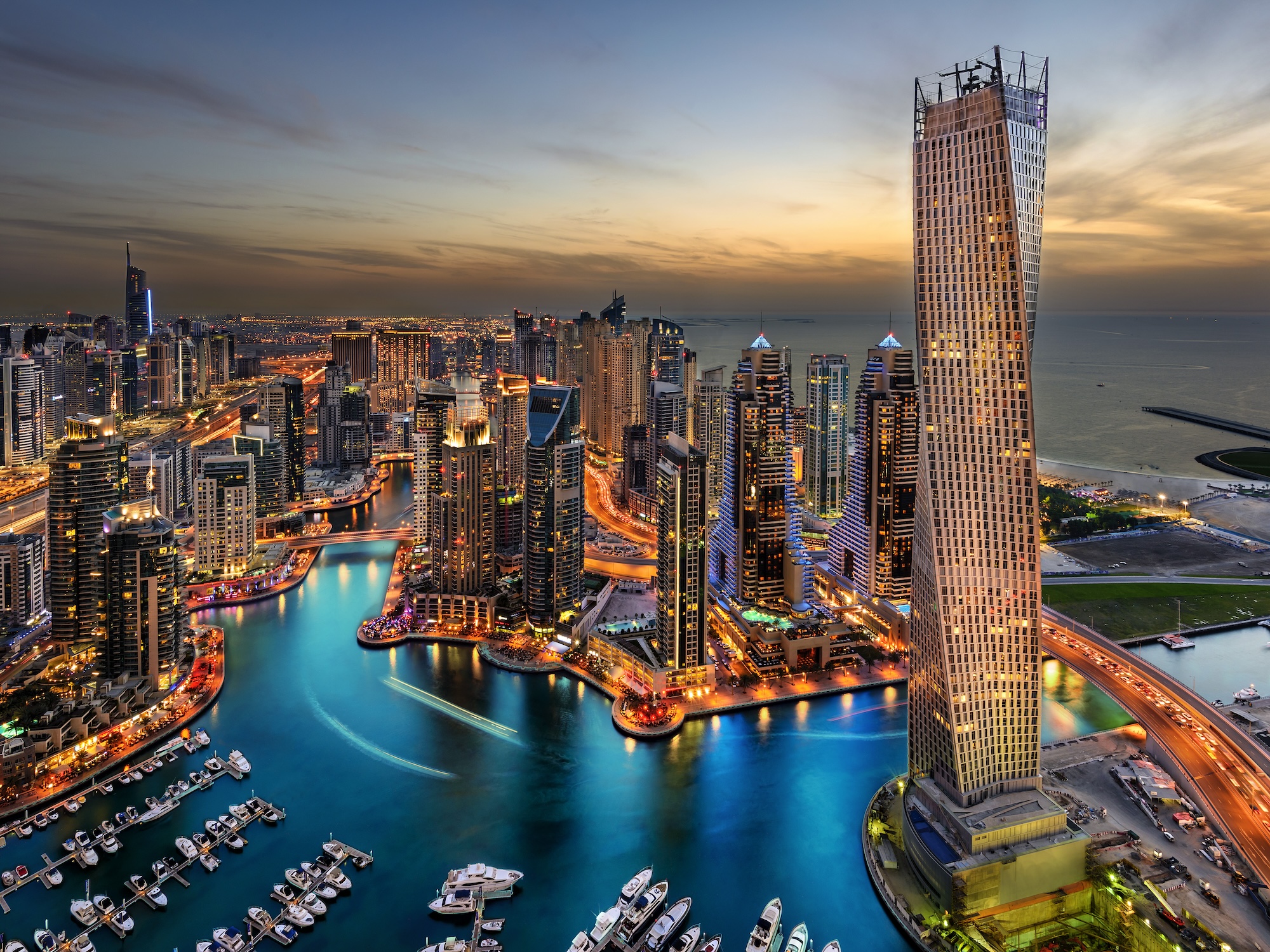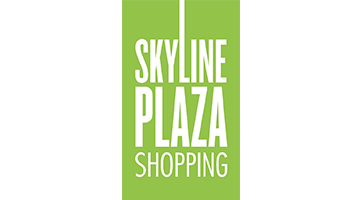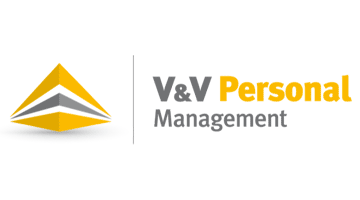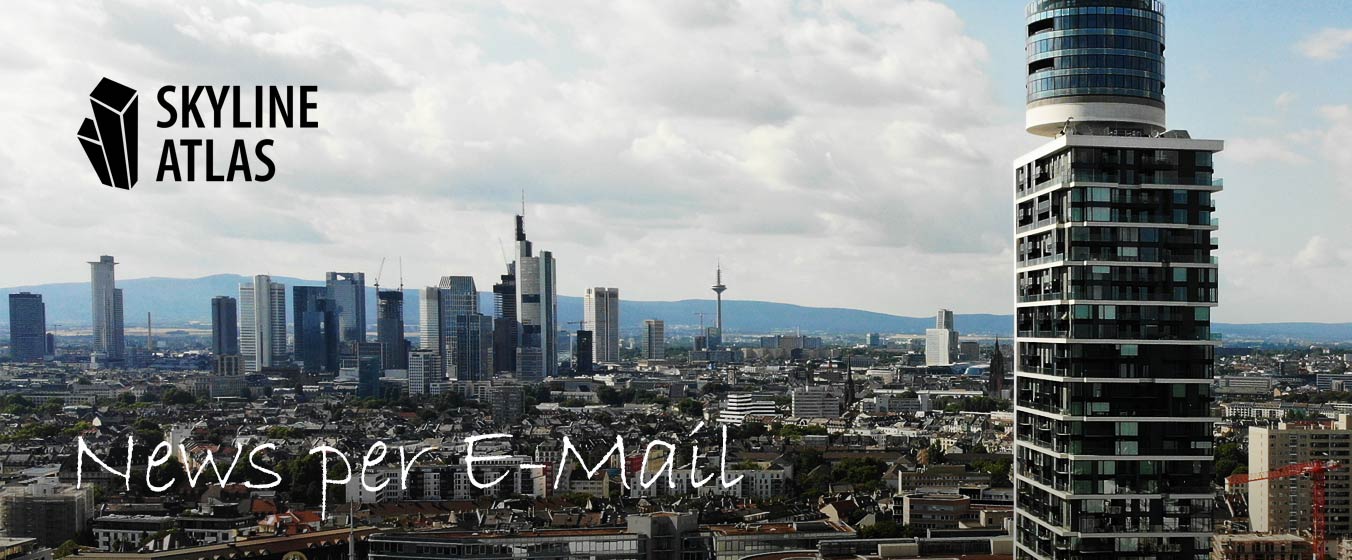
Must-Knows Before Renting in Dubai
Dubai continues to be a top choice for renters from around the world thanks to its modern lifestyle, high-quality infrastructure, and diverse neighborhoods. Whether you plan to rent a home for a few months or a longer-term stay, knowing the essentials of the rental market is key to a smooth experience. From rental types and payment processes to documentation and move-in requirements, being prepared can save time and stress. You can also explore a detailed comparison between renting and buying to see which option suits your needs best.
Rental Types
Long-Term Rentals
Long-term rentals in Dubai are typically for one year or more. They offer lower monthly payments and are ideal for residents planning to stay for an extended period. These rentals provide stability and predictable costs, but contracts are less flexible.
Short-Term Rentals
Short-term rentals range from a few days to several months and often include utilities and amenities. They are more flexible, making them suitable for temporary stays or frequent travelers. However, they usually come at a higher cost compared to long-term leases.
Documents Needed to Rent in Dubai
To rent a property in Dubai, having the right documents ready is essential for a smooth process. Organizing these beforehand can save time and avoid delays.
Essential Documents
-
Passport valid for at least six months
-
UAE residency visa copy (Required for all expatriates)
-
Emirates ID (Mandatory for all UAE residents)
-
Proof of income such as recent bank statements or salary certificate
-
Security deposit, usually one month’s rent
-
Post-dated cheques or bank transfer setup for rent (A UAE bank account is usually required for cheque payments)
Additional Requirements
-
Letter from previous landlord (if available)
-
Employment contract or offer letter
-
Tenancy contract when renewing
Financial Requirements
-
Security deposits typically range from 5% of annual rent for unfurnished flats and 10% for furnished flats.
-
Agency fees are typically 5% of annual rent
-
DEWA connection deposits start from AED 2,000 for apartments and AED 4,000 for villas
Ejari Regestration and Tenancy Contract
Once you agree on a rental property, the next step is signing the tenancy contract. This document outlines the terms of your lease, including duration, rent amount, and responsibilities for maintenance and utilities.
In Dubai, all tenancy contracts must be registered with Ejari, the official system that legalizes rental agreements. Ejari registration ensures your lease is recognized by the authorities, protects your rights as a tenant, and is required to set up utilities such as electricity and water. The registration fee is approximately AED 220.
Tenant Eligibility Criteria
-
Be at least 21 years old
-
Provide valid identification: passport, visa, Emirates ID
-
Demonstrate financial stability: proof of income (bank statements or salary certificate)
-
Have a clean rental history: references may be required
-
Pass criminal background checks: as requested by the landlord
Move-In Permit
Before moving into a rental property in Dubai, you must obtain a Move-In Permit from the Dubai Land Department (DLD) or Real Estate Regulatory Agency (RERA). This permit is essential for confirming your legal right to occupy the property.
Required Documents
-
Ejari-registered tenancy contract
-
Copies of Emirates IDs for both the tenant and landlord
-
Passport copy with a valid visa
-
Completed application form
Typically, the processing time for the permit is 5 to 7 working days.
DEWA Connection Process
In Dubai, to activate utilities such as electricity, water, and cooling, tenants must set up a DEWA (Dubai Electricity and Water Authority) connection. This is a necessary step for anyone moving into a new rental property.
Required Documents for DEWA Connection
-
Move-In Permit (obtained through Ejari registration)
-
Passport copy (tenant’s)
-
Emirates ID copy
-
Tenancy contract (Ejari registered)
-
DEWA deposit: AED 2,000 for apartments and AED 4,000 for villas
The DEWA connection process is typically completed within 1-2 working days after all documents are submitted and the deposit is paid.
Tips for Renting a Property in Dubai
-
Verify the Broker’s Credentials
Always ask the broker to show their title deed and ID to confirm they are authorized to represent the property. Double-check the documents to ensure there are no discrepancies and avoid potential scams. -
View the Property Before Signing
Never commit to a rental agreement without viewing the property in person. Even if the listing looks good online, it’s important to ensure the apartment feels right and meets your expectations. - Ensure Proper Climate Control
Given Dubai’s extremely high temperatures, it is crucial to ensure that the property has adequate cooling and air conditioning systems. Without proper climate control, living in the property can become unbearable during the hotter months. Always verify that the system is functioning before finalizing the lease. -
Assess the Neighborhood
Research the area and consider factors such as noise levels, proximity to your workplace, and available amenities. Ensure the location fits your lifestyle and is safe, convenient, and comfortable for long-term living. -
Check the Condition of the Property
During the property viewing, inspect the condition of the apartment, noting any damage, maintenance issues, or areas that may need repairs. Document these issues and communicate them to the landlord to avoid responsibility for them when you move out. -
Understand the Payment Structure
Clarify the rent payment schedule (whether it’s annually or in post-dated cheques) and the security deposit required. Make sure you understand the terms of the lease, including penalties for early termination, renewal procedures, and possible rent increases. -
Ask About Maintenance Responsibilities
Clarify who is responsible for routine maintenance (such as plumbing, electrical, and appliance repairs) and emergency repairs. Ensure these responsibilities are clearly outlined in the tenancy contract to avoid misunderstandings later. -
Confirm Utilities and Additional Costs
Make sure to check whether utilities such as electricity, water, and cooling are included in the rent or if you’ll need to pay them separately. Also, verify if there are any additional service fees, such as for parking or building maintenance. -
Check the Lease Term and Flexibility
Ensure that the lease duration works for your plans. If you need flexibility, discuss the possibility of a shorter lease or a break clause that allows you to exit the contract early under specific conditions. -
Document Everything
Keep copies of all documents, post-dated cheques, and correspondence related to the lease. This will help you avoid disputes later on, especially if issues arise regarding payments or property conditions.
With all the necessary information in hand, you’re now ready to explore our detailed step-by-step renting an apartment guide in Dubai.






